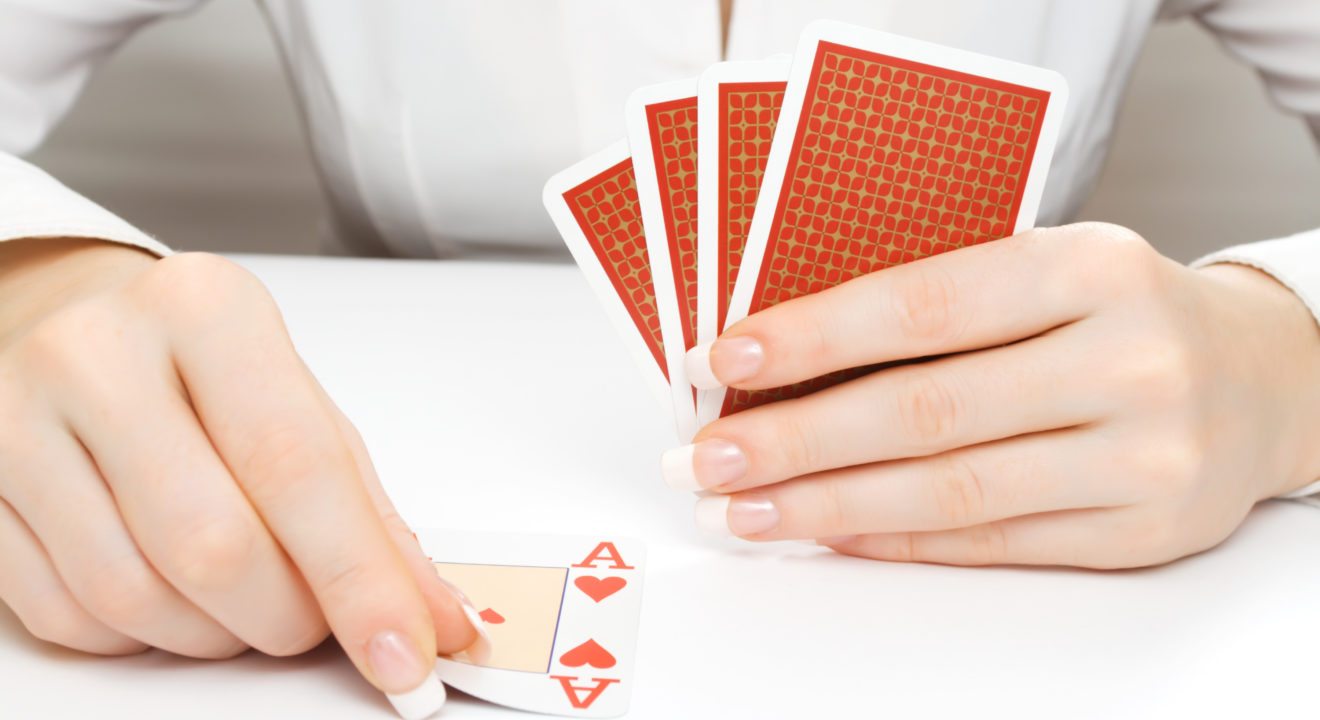Culture September 19, 2016


Holding a half-eaten granola bar in one hand and sliding on a black pair of designer pumps in the other, you check your watch again. 7:40. Late. Grabbing your purse, you start sprinting out the door – until you realize your car keys aren’t in your bag. Where did you put them last night? Where did you even park your car?
If your mind isn’t feeling as sharp as usual, it’s time to set down the phone and pick up a pack of cards. Here are four ways playing bridge can keep your brain ready for whatever challenges life throws your way!
When you hear the term “bridge,” you might picture a group of grandmothers playing around a doily-covered kitchen table. In reality, though, a wide variety of men and women reap the benefits of bridge – including Bill Gates and Warren Buffett. The two bridge enthusiasts even joined to create a program that teaches bridge in junior high schools. What do they think is so great about this card game? According to Gates, “Bridge helps you think about decisions and consequences before you make a move” and “is a great way to learn from inferences.” If you’ve ever wondered what made Bill Gates so successful in business , maybe bridge is one answer!
Whether you’re playing online or in your neighbor’s garage, one trait of bridge remains: it’s a social form of entertainment. Not only do you interact with people while playing, but you also have to communicate and “read” your partner. How does this help your brain? A report by the National Academy of Sciences found that “both social isolation and loneliness were associated with increased mortality.” The next time you feel lonely, then, try taking up bridge – your brain and body will thank you!
According to the AARP, bridge is more than just a game: it can be a tool to avoid depression, boost your immune system and generally improve your health. Since players are less depressed (both thanks to having an activity to keep themselves busy, entertained and social), they get better sleep, more exercise and enjoy better lives overall. A study by the UC Berkley also found that playing bridge seems to stimulate the immune system because participants rely on “memory, visualization and sequencing” during the game. When your mind and body feel sharp, you can focus on kicking life’s butt.
Does Alzheimer’s Disease run in your family? If so, you might really want to take up bridge in your spare time. A 2014 study by the University of Wisconsin-Madison reported that card games seem to trigger activity in brain regions associated with Alzheimer’s disease, causing these regions to grow in volume. Brain volume naturally decreases with age, but more so in people who will later develop Alzheimer’s disease. Building up your brain with bridge, then, could be one way to build a healthier future!
Now, these benefits don’t mean that bridge players never have brain freezes – like forgetting to set their alarm or leaving their car keys by the bathroom sink. But, for a businesswoman always on the go, bridge could be the secret weapon to a less-forgetful (and less stressful!) day. And if some card playing helps prevent developing Alzheimer’s down the road? Now that’s a winning hand.